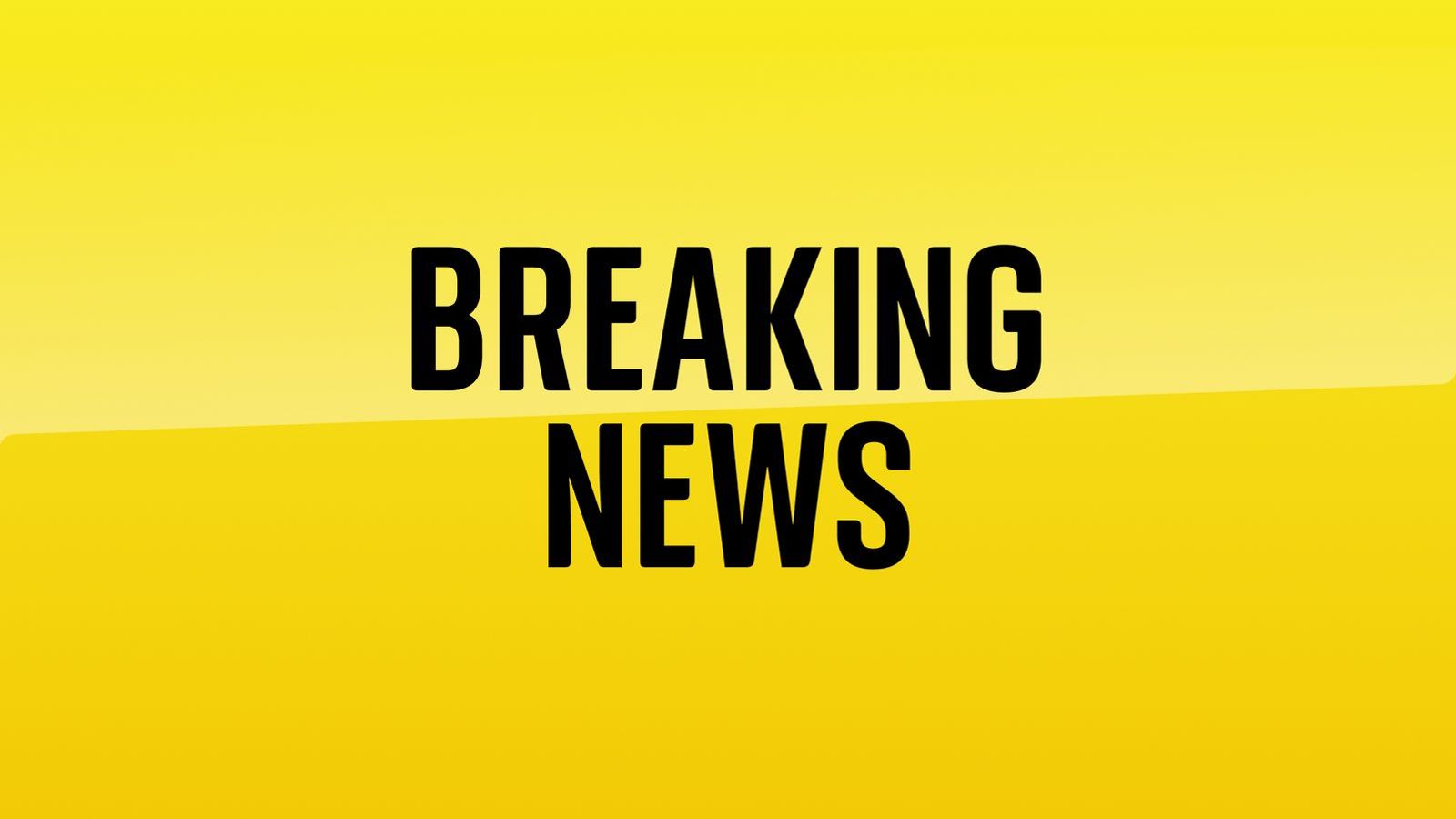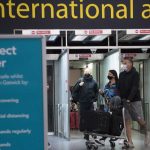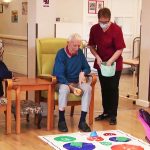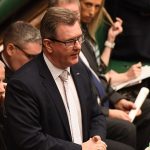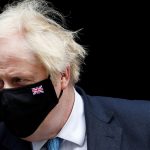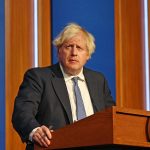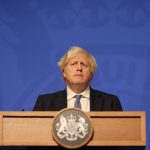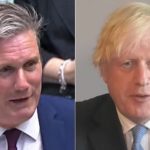The government will not change the six-month gap between second doses of the coronavirus vaccine and the booster jab unless the UK’s vaccine advisory body recommends it, a health minister has said.
Care minister Gillian Keegan told Kay Burley on Sky News that ministers will “do whatever” the Joint Committee on Vaccination and Immunisation (JCVI) says when it comes to booster jab rules, and that the advisory body is “continually looking at the data”.
Her comments come amid concerns that the pace of the booster vaccine rollout is too slow, with former health secretary and Conservative MP Jeremy Hunt suggesting the gap should be cut to five months to improve immunity in the lead up to Christmas.
In the latest data released on Thursday, the UK recorded another 52,009 new COVID cases and 115 virus-related deaths.
The number of new infections marked the first time that figure had been above 50,000 since 17 July.
Back in September, the government said those aged over 50, people who live and work in care homes, frontline health and social care workers, people aged over 16 with health conditions putting them at serious risk to COVID-19 or infections and those over 16 who are a main carer for someone at high risk from coronavirus should get a booster jab.
At present, only those who received their second coronavirus vaccine dose at least six months ago are being asked to come forward.
Eastern European countries battle vaccine hesitancy as COVID-19 strengthens its grip
COVID-19: Wales to ‘think again’ about winter lockdown if coronavirus infections continue to rise
COVID-19: PM vows to stick with his strategy, as WHO warns the UK’s current situation is ‘not healthy’
Asked if this timeframe could be reduced, Ms Keegan told Sky News: “Well the JCVI are the only people who can answer that question.
“So what happens is the JCVI obviously look at all the data, they look at loads of different things, and they basically make trade offs and advise us.
“So they have advised us six months. We put that plan in place from 14 September, the first booster jab went in the arm on 16 September.
“And of course they are continually looking at the data – but they are the only people who can really answer this question.
“But if they advise us, our job then is to get ready, obviously, to do whatever they say so.
“But at the moment it is six months, that is what we have been told and that plan is in place and has been in place for about five weeks now.”
Pressed on calls from those including fellow Conservative MP and chairman of the Commons Health and Social Care Committee Mr Hunt that the timeframe between second coronavirus jabs and booster doses should be reduced as infections continue to rise, Ms Keegan said “there is a lot of people who have opinions”.
Concerns have been raised after many eligible people have reported not getting an invite for their booster jab, while others who have got one said they have been told to call their local health centres and have struggled to get through.
But speaking to Sky News on Thursday, Health minister Edward Argar told Sky News’ Kay Burley: “We’ve got the capacity to do it, we’ve got the vaccine, over 2,500 venues where people can be jabbed across the country.
“Part of it is encouraging people to take up the jab and we’ve now made a change.
“It’s not just about waiting to be invited, if you get to the six month plus one week get on the national booking system and book yourself in.”
The latest figures show 49,554,407 people have had at least one jab and a total of 45,460,122 people are fully vaccinated.
Speaking on Thursday, Boris Johnson admitted the level of COVID cases is “high” and said he is “watching the numbers very carefully every day”.
However, the PM has insisted he is “sticking with our plan”.
The government has so far resisted calls to move to Plan B of its autumn and winter COVID response for easing pressures on the NHS.
The NHS Confederation and the British Medical Association (BMA) has called on the government to implement Plan B now, with BMA council chair Dr Chaand Nagpaul claiming the government has “taken its foot off the brake”.
Under Plan B:
• The public would be told “clearly and urgently” about the need to exercise caution to help control the virus
• Legally mandated coverings would return in some settings and the work from home mandate could be re-introduced
• The government also has the option of making COVID vaccine certificates mandatory in certain scenarios
Health Secretary Sajid Javid has predicted there could be as many as 100,000 COVID cases a day heading into winter.
But the government has insisted its priority is rolling out the coronavirus vaccine and the booster jab programme to all those eligible.
Speaking at a Downing Street news briefing on Wednesday, Mr Javid appeared to imply people were simply not taking up the booster offer.
He told a news conference: “If we want to secure these freedoms for the long-term than the best thing we can do is come forward once again when that moment comes.
“After the decisive steps that we’ve taken this year, none of us want to go backwards now.
“If we all play our part, then we can give ourselves the best possible chance in this race, get through this winter, and enjoy Christmas with our loved ones.”
